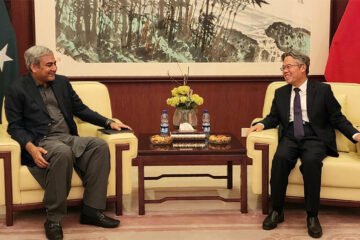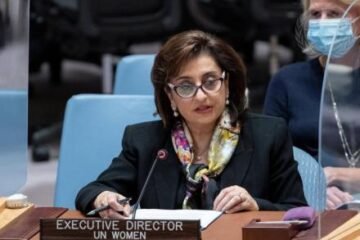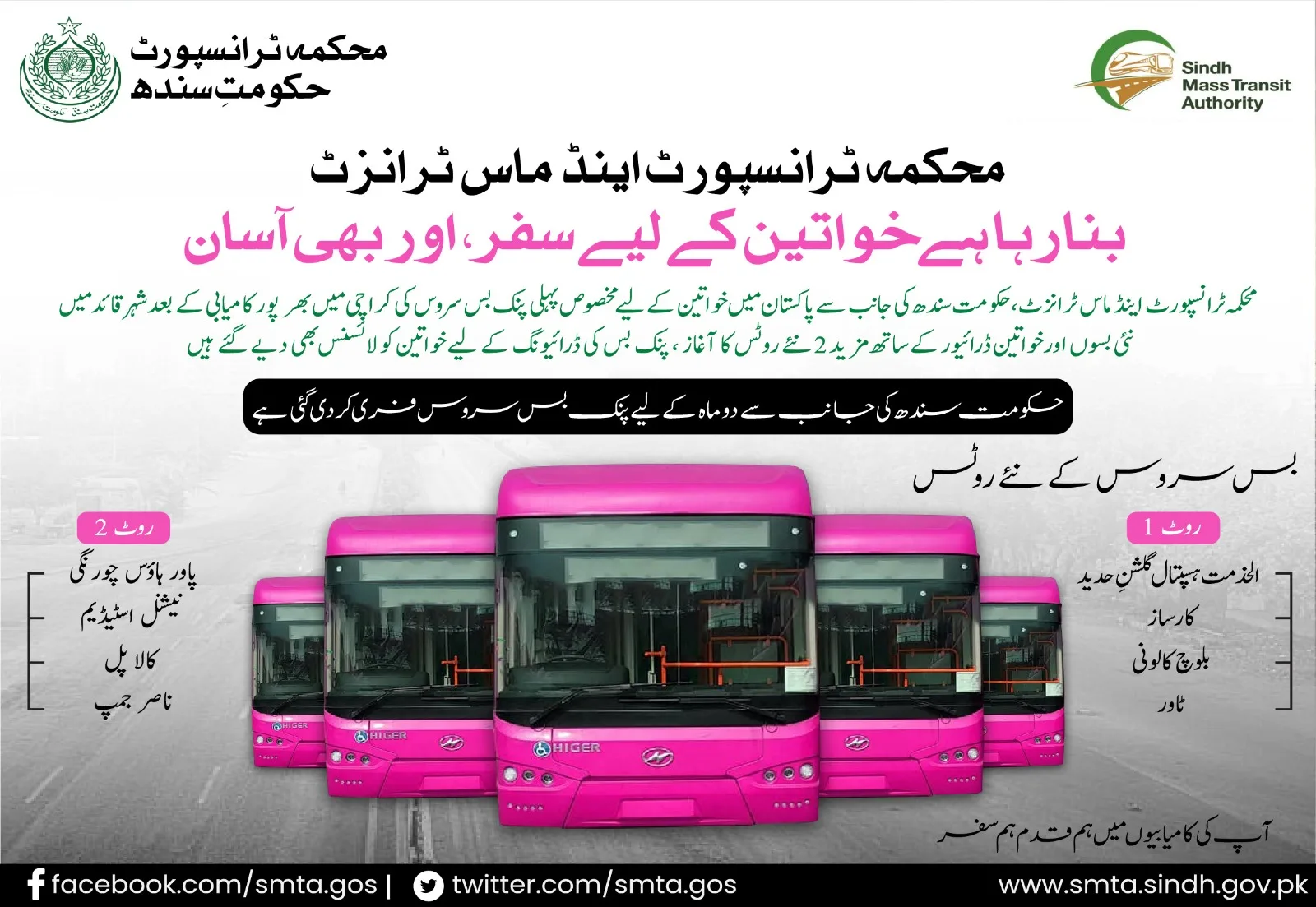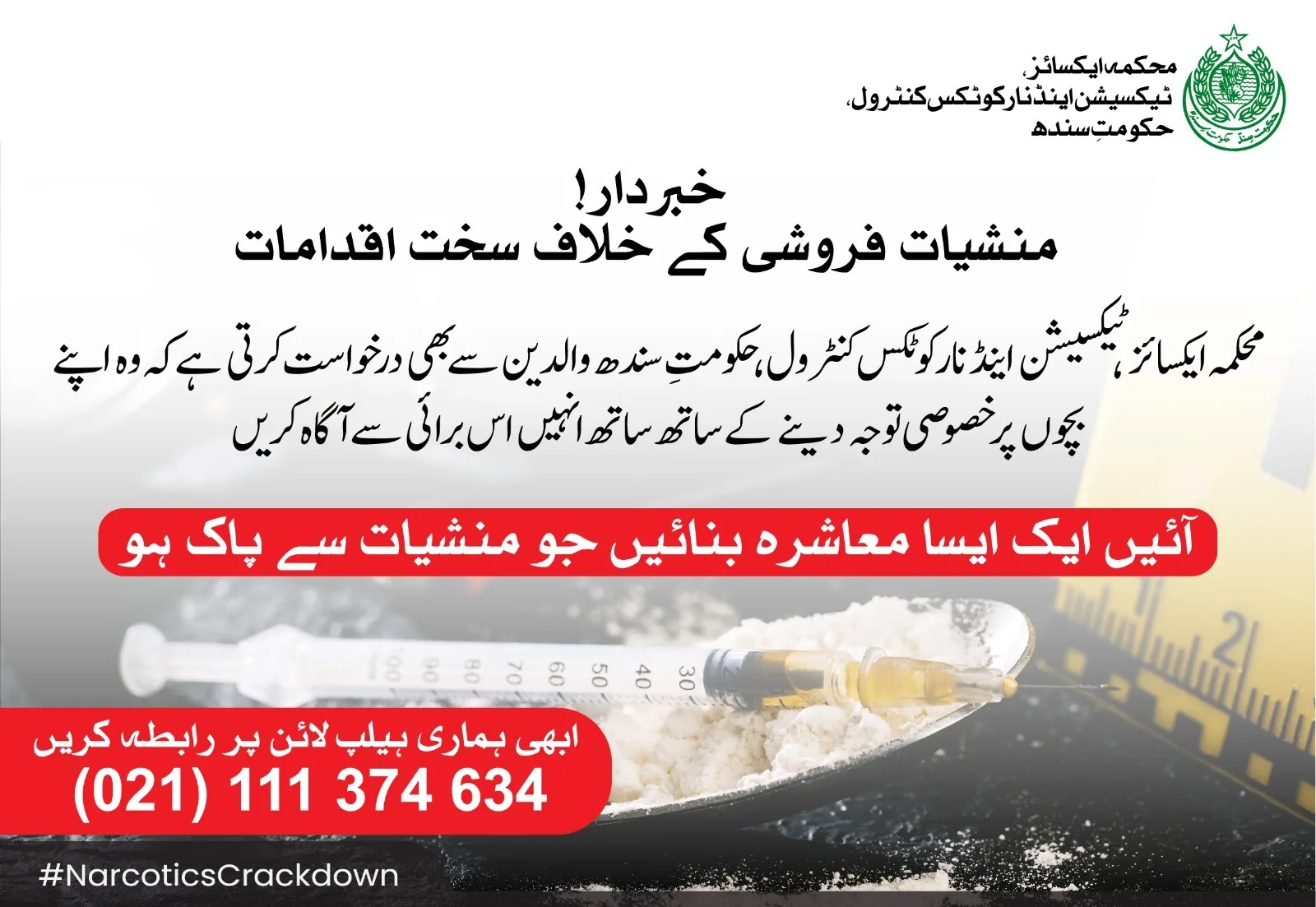Women Role in Politics

The full and equitable participation of women in public life is essential to building and sustaining
strong, vibrant democracies.
There is growing recognition of the untapped capacity and talents of women and women’s
leadership. Pakistan is ranked at 93 among 153 countries in women’s political empowerment where
20.2% of women are legislators, whereas 12% of women are appointed at ministerial positions,
according to the Global Gender Gap Report 2020.
Meaningful participation of women are the best examples like late Benazir Bhutto and Ms.
Maryam Nawaz Sharif (Sahiba) in national, local, and community leadership roles which has
become an important focus on global development policy.
BB and MNS inspired millions of others all around the globe, not just with their
unbelievable ascent to power but also with their talent charm and wit, her political
intellect and her personality that refused to cower before the toughest of opponents.
Their legacy as the most influential Pakistani lives on. This all continues to
inspire, enthuse and motivate other women and the marginalised — both in
Pakistan and abroad. For many, such women are symbol of hope, the poster person
of dreamers and doers alike.
Still many people asks why it matters if women become political leaders, elected policymakers, or
civil society activists. Why does the world need more women involved in all aspects of the
political process? Women’s political participation results in tangible gains for democracy,
including greater responsiveness to citizen needs, increased cooperation across party and ethnic
lines, and a more sustainable future.
Women’s participation in politics helps advance gender equality and affects both the range of
policy issues that get considered and the types of solutions that are proposed. There are many
researches which indicated that whether a legislator is male or female has a distinct impact on
their policy priorities. There is also strong evidence that as more women are elected to office,
there is a corollary increase in policy making that emphasizes quality of life and reflects the
priorities of families, women, and ethnic and racial minorities.
The positive impact of women in politics is undeniable and true sometime .
According to. Kofi Annan , he stated that “study after study has taught us, there is no tool for
development more effective than the empowerment of women. No other policy is as likely to raise
economic productivity or to reduce child and maternal mortality. No other policy is as sure to
improve nutrition and promote health, No other policy is as powerful in increasing the chances of
education for the next generation.” Further, as Madeleine Albright has stated, the world is wasting a precious resource in the dramatic underrepresentation of women in leadership
positions, often resulting in the exclusion of women’s talents and skills in political life.
Male and female lawmakers must work together and collaborate to address the number of issues
that face their respective nation and solve all those problem .. Women must be empowered,
inspired, and encouraged to be strong political and community leaders in order to achieve
national development goals and create strong political and, sustainable democracies.










